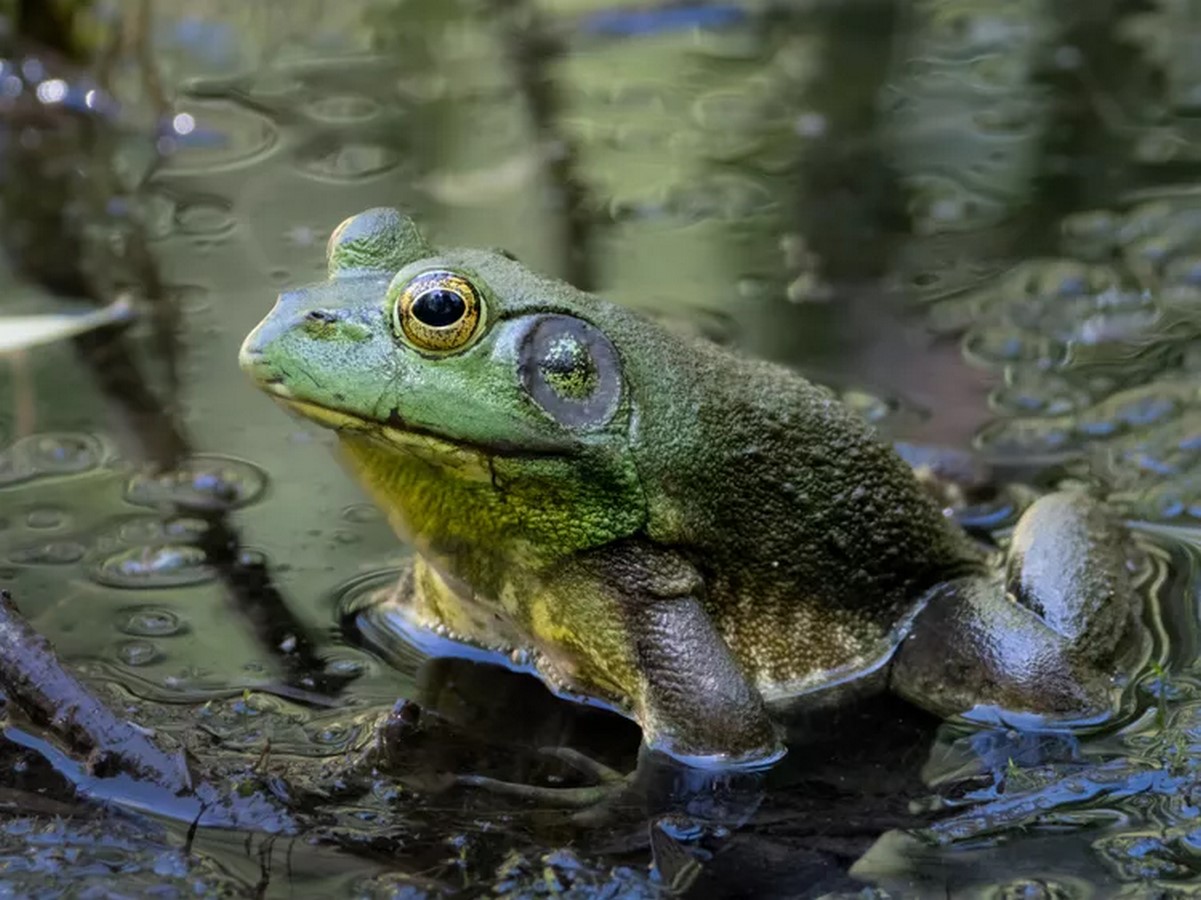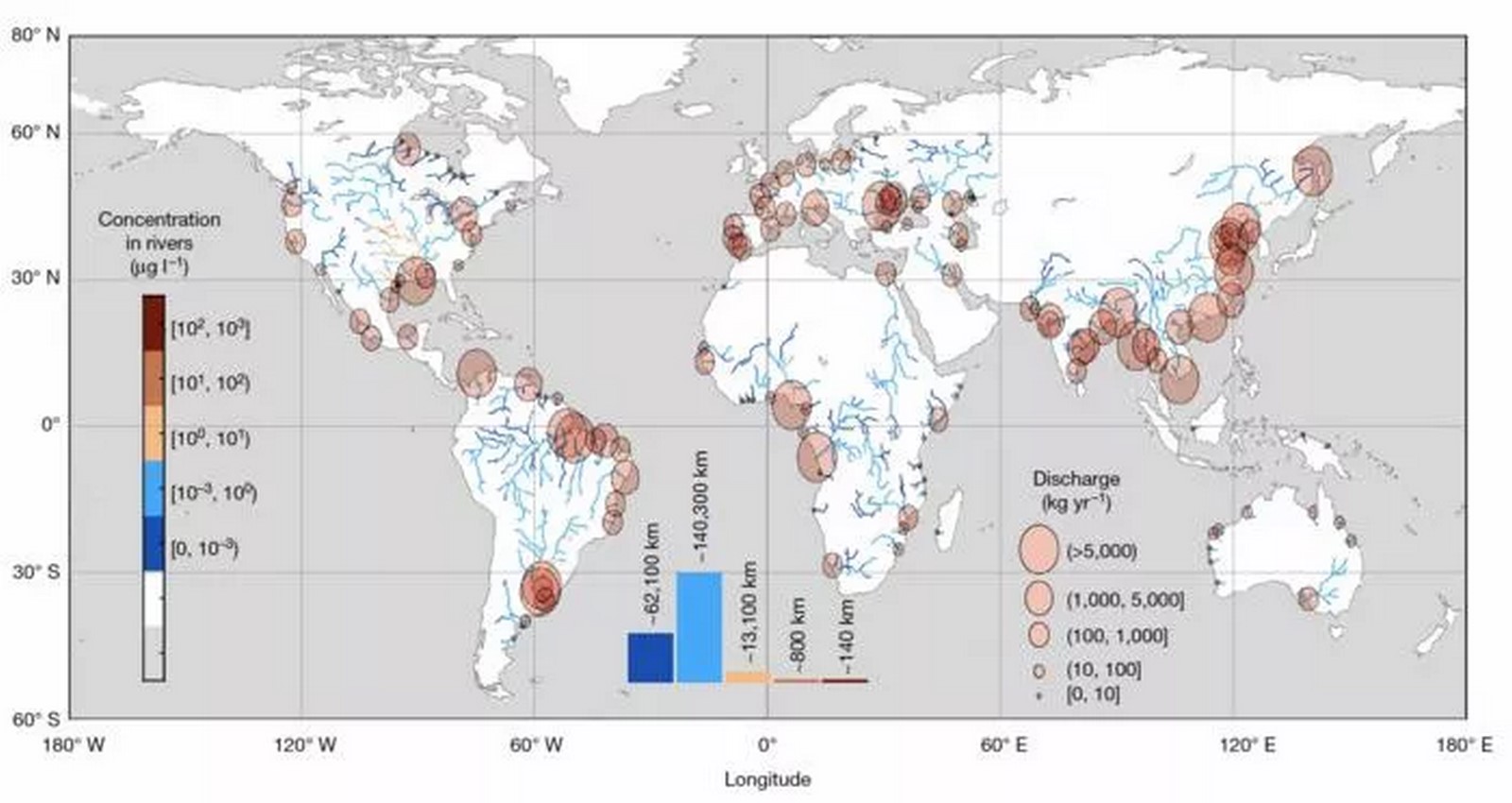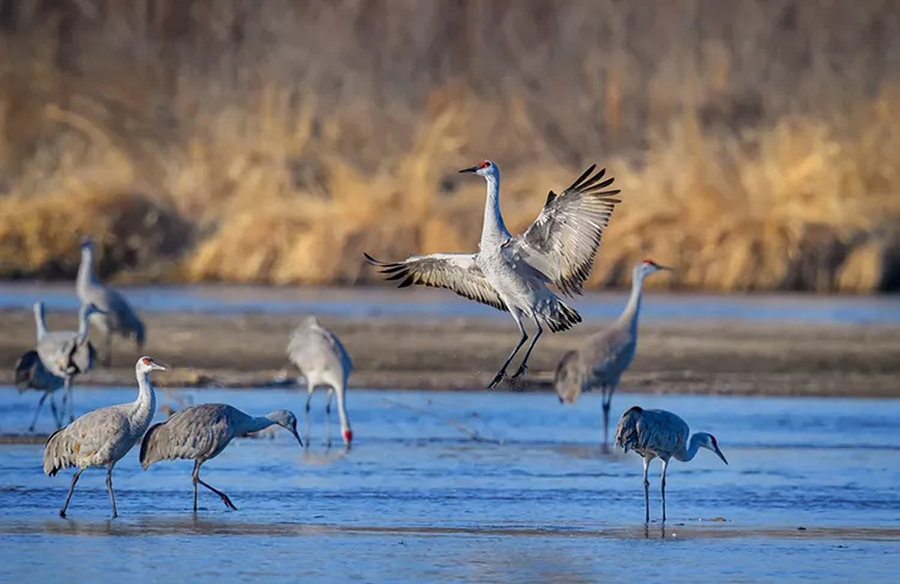The widespread use of pesticides in agriculture has raised significant concerns about their environmental impact, particularly their leaching into aquatic ecosystems. Despite efforts to regulate and mitigate their use, a substantial amount of pesticides continue to infiltrate aquifers, rivers, and oceans annually, posing threats to freshwater resources and ecosystems. A recent global study sheds light on the extent of this issue, revealing alarming statistics regarding the leaching of potentially harmful chemicals and their far-reaching consequences.
Unveiling the Scale of Pesticide Leaching
Conducted by researchers from the University of Sydney’s School of Civil Engineering, the study analyzed the geographical distribution of 92 commonly used agricultural pesticides. The findings indicated that approximately 70,000 tonnes (77,000 U.S. tons or 155 million pounds) of pesticides leach into aquifers annually, with far-reaching implications for ecosystems and freshwater resources worldwide. Lead author Federico Maggi emphasized the significant downstream migration of pesticides, highlighting their potential to travel long distances and impact marine environments, including coral reefs.

Degradation and Persistence of Pesticides
The study revealed that a majority of applied pesticides degrade into byproducts in the soil surrounding crops, which can persist in the environment for extended periods. Glyphosate, for instance, degrades into a molecule known as AMPA, which exhibits high persistence and toxicity. Despite the degradation process, these byproducts pose significant environmental risks and contribute to the contamination of water bodies, threatening marine and freshwater ecosystems.
Impact on Aquatic Ecosystems
While only a fraction of pesticides initially enter river systems, the study emphasized the substantial discharge of active ingredients into oceans, jeopardizing marine and freshwater food chains. The researchers highlighted the potential adverse effects on aquatic plants, invertebrates, and other wildlife due to elevated chemical concentrations in rivers. Moreover, the conservative estimates presented in the study underscored the urgency of addressing pesticide contamination to safeguard ecosystems and human health.
Toward Sustainable Management
Acknowledging the complex challenges posed by pesticide use, the study authors advocated for sustainable management strategies to minimize environmental impact. Dr. Francesco Tubiello from the United Nations’ Food and Agriculture Organisation emphasized the need for effective monitoring and regulation of pesticide use under the 2030 Sustainable Development Agenda. Furthermore, the authors stressed the importance of collaboration with food producers to implement initiatives aimed at reducing pesticide usage while ensuring food security.

Promoting Sustainable Agriculture
Despite concerns about food security, the study emphasized the feasibility of reducing pesticide use through technological advancements and modern crop management practices. By enhancing efficiency and productivity in agriculture, stakeholders can minimize reliance on harmful pesticides while maintaining a sufficient food supply. Dr. Federico Maggi outlined recommendations for reducing pesticide use, emphasizing the importance of transparent reporting and improved monitoring to address environmental concerns effectively.
Conclusion: Balancing Agricultural Needs and Environmental Conservation
As the global population continues to grow, addressing the environmental impact of pesticide leaching is paramount for sustainable agriculture and ecosystem preservation. By adopting holistic approaches to pesticide management and promoting responsible agricultural practices, stakeholders can mitigate environmental degradation while ensuring food security for future generations. The study underscores the urgent need for concerted efforts to address pesticide contamination and protect freshwater resources and ecosystems worldwide.










